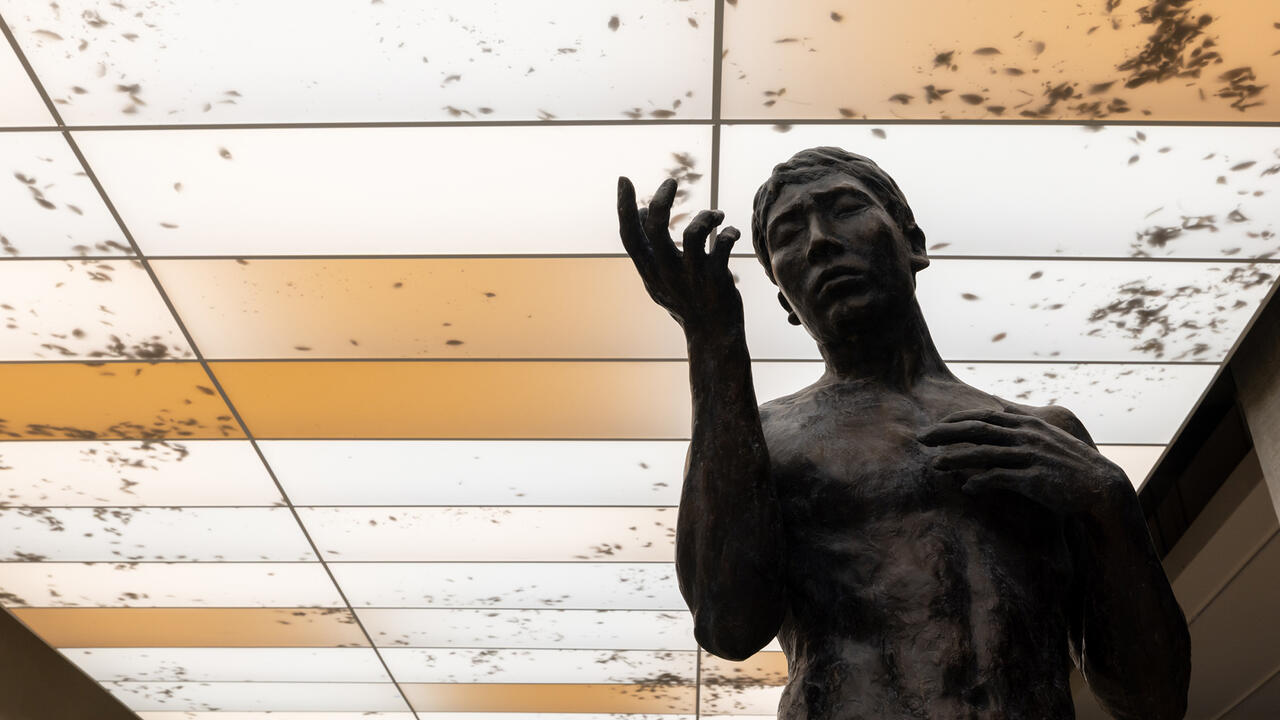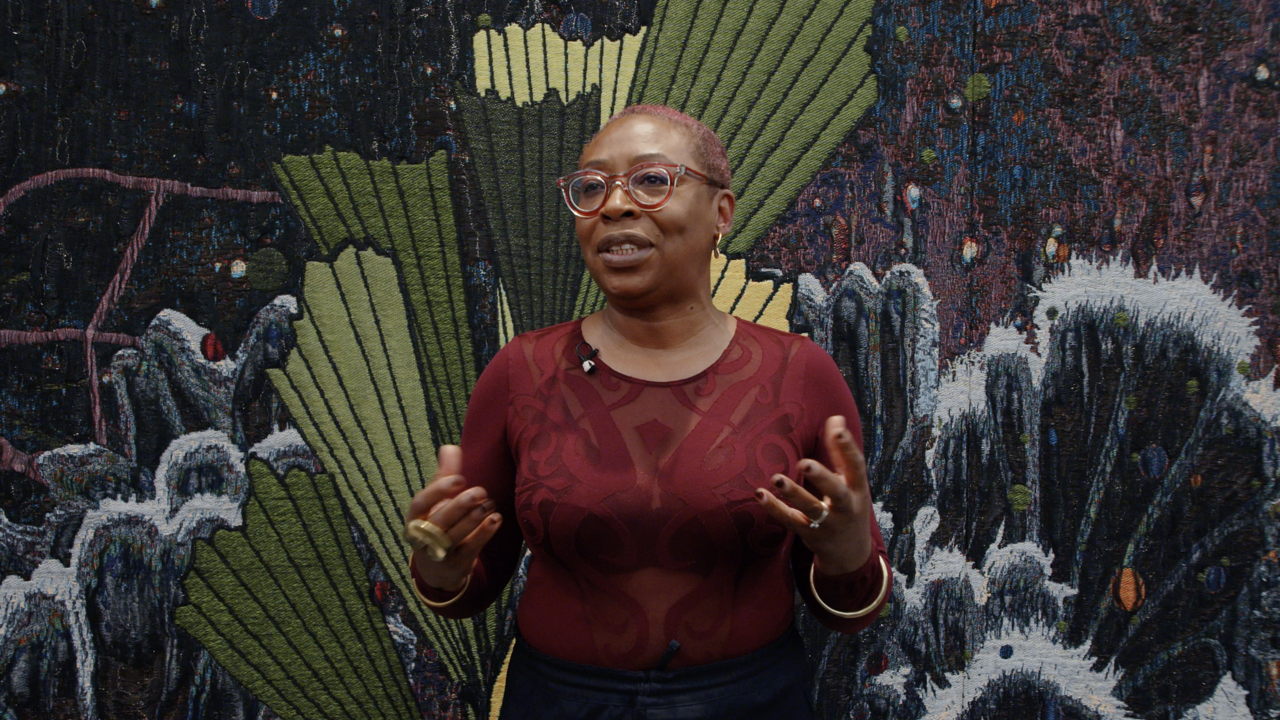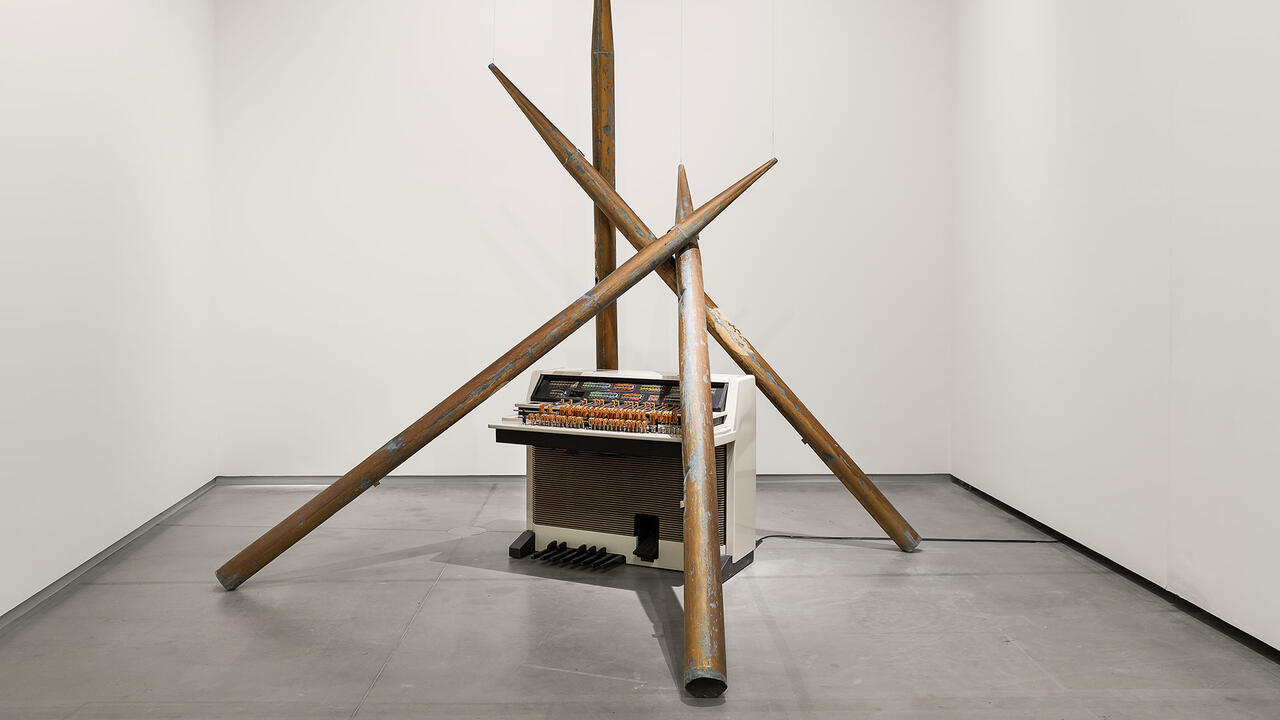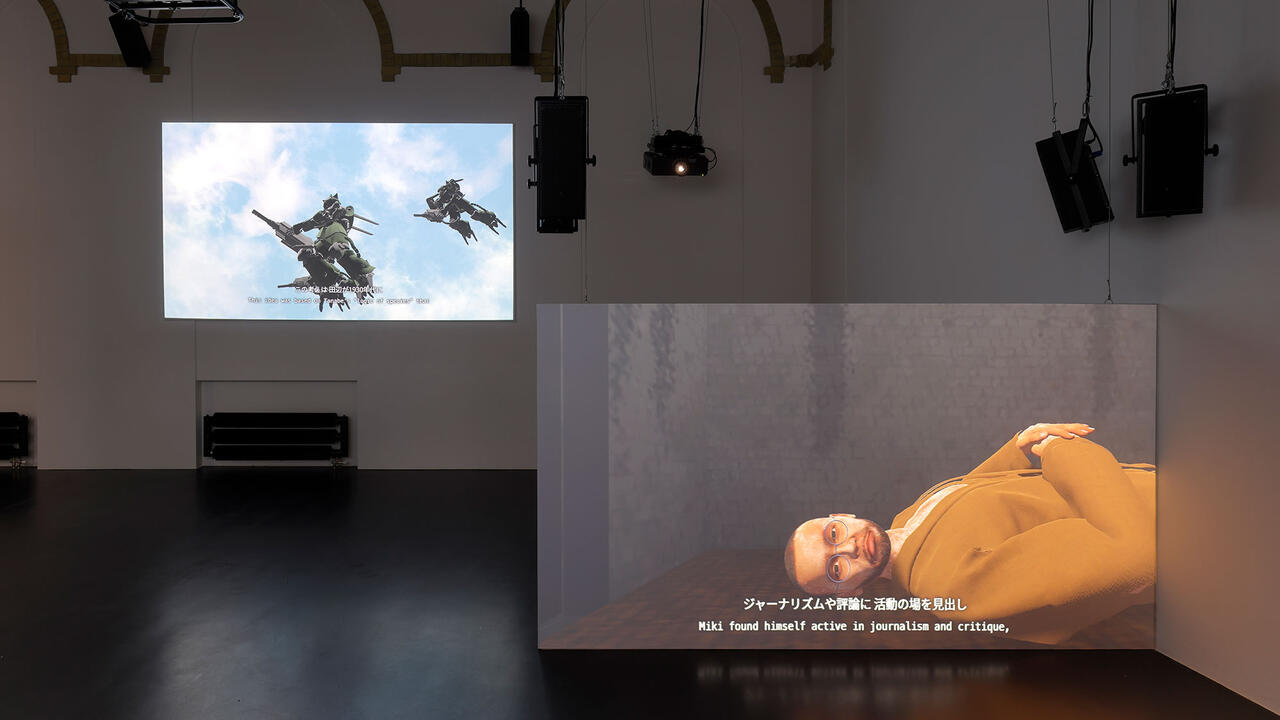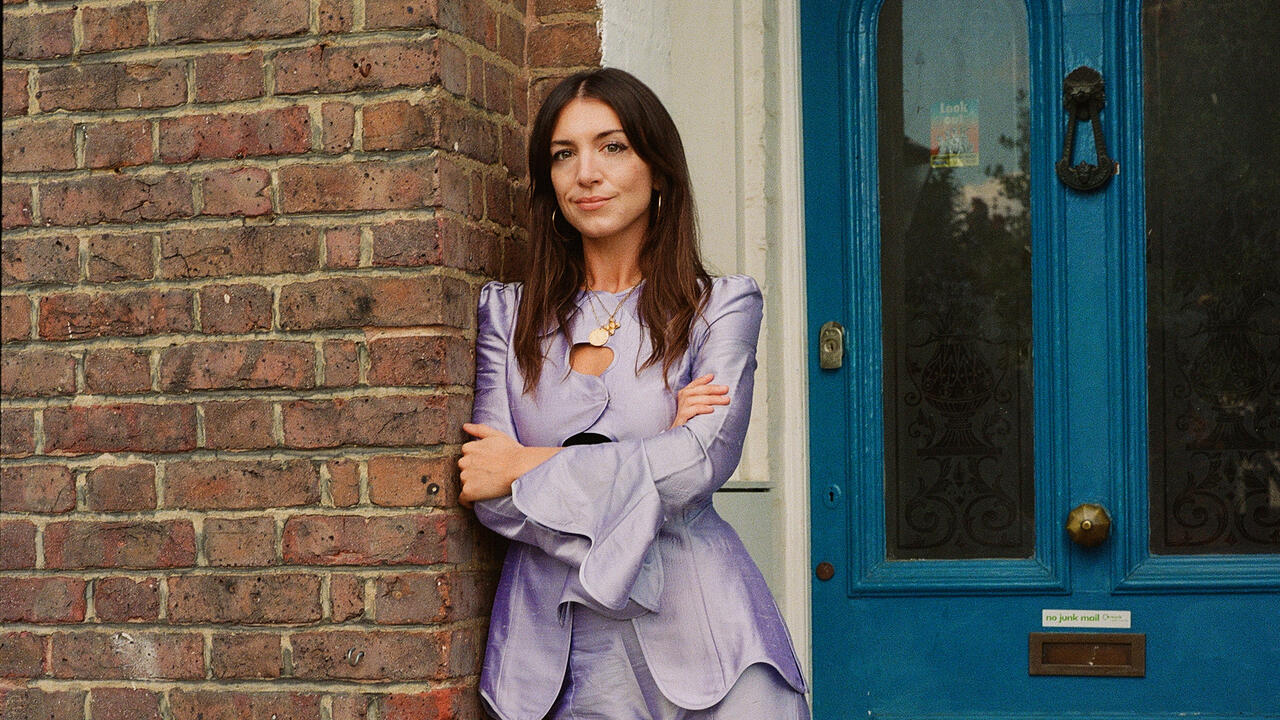Age of Anxiety
So much criticism. So little time
So much criticism. So little time
In homage to Donald Barthelme’s short story ‘Concerning the Bodyguard’ (1977)
Would the critic be more productive writing in the morning rather than at night? Is the critic happy working at home, or do they prefer libraries and quiet cafés? Are the critic’s interpretative faculties sharpened by strong coffee, or is the glass of cheap red they are drinking easing them into a suitable frame of mind? Does the critic feel that putting Gustav Mahler on the stereo has set the right mood for their task? Perhaps Jay-Z is better? Would the critic prefer to be writing on a Mac rather than their temperamental old PC? To what extent does the missing letter ‘q’ on the PC’s keyboard affect the critic’s choice of words? Is the Internet a constant distraction for the critic? As the critic once again consults Wikipedia, does a small voice in their head chide them for losing touch with traditional research skills? How heavily does the anxiety of influence weigh on the critic? Are they plagued with the paranoid thought that, during their research, they might inadvertently absorb someone else’s idea but come to think of it as their own: an article on avant-garde documentary filmmaking, perhaps, or a short story by a celebrated dead American? Is appropriation in or out of fashion at the moment? How on earth can I concentrate, wonders the critic, when the people in the flat upstairs have their television on so loud?
Does the critic have strong political convictions? Of the books the critic owns, what percentage are fiction, and what percentage are philosophy, cookery and true crime? Is criticism just a sideline to the critic’s true creative ambition: an ingenious novel set against the backdrop of the UK’s conversion to decimal currency in 1971? Does the critic write with an ‘ideal reader’ in mind? Is the critic’s editor their ‘ideal reader’? Should the critic be concerned as to the reasons why their editor commissioned them to review this particular artist’s film? Maybe the editor is a friend of the artist? What if the critic were the ex-lover of the artist’s flatmate’s best friend? Would the critic consider providing full disclosure in their byline? When The Guardian website ran a blog asking ‘Can critics remain impartial?’ did the critic find reading the censorious opinions of bloggers to the site to be constructive? Or did the critic feel irritated by the lack of empathy for their trade? Does the critic think arguments about objectivity are specious? Is the critic objective about objectivity in their job?
How much does the critic earn? Do they feel properly remunerated for their work? Need the critic be aware of how their publisher’s budgets are funded? If the critic is so hard up, why did they spend so much in the pub last night? Because the critic felt their companion’s opinions about the films of Werner Herzog might be useful? Does the critic agree with Herzog’s assertion that ‘so-called cinema vérité is devoid of vérité. It reaches a mere superficial truth, the truth of accountants’? Has Herzog ever heard the joke about the accountant who, when asked what one-plus-one equals, replies ‘whatever you want it to be’? Does the critic aspire to write like the documentarist who tries to create the illusion of no camera being present? Or to be like an audience’s glimpse of a stray boom microphone in a film, peeling back the image to expose the conditions of production? Is the critic’s hangover making them feel cynical?
The artist’s film is a seven-hour-long documentary: does the critic feel they have absorbed it fully? Can the critic decipher their own shorthand notes about the film? How knowledgeable is the critic about the film’s subject matter? Informed enough to appreciate certain references or criticize omissions? Does the critic suspect that the artist is being manipulative? Is the critic manipulative? Might the critic’s appreciation of the film be different had they been able to observe the shoot itself? If the critic had been present, would the old man have agreed to be filmed toiling in the fields rather than punching the sound recordist? Why is the critic’s cat named Schrödinger? What does the cat think when the critic shouts: ‘Get off my desk Schrödinger, you bloody nuisance’?
Why has the critic just ordered from Amazon.com a copy of Gang Leader for a Day (2008) by Sudhir Venkatesh? Is the critic procrastinating? Do they identify with this sociologist’s account of how his study of inner-city gangs in Chicago led him to become embroiled in their lives, even involving himself in punishment beatings? Will the artist receive a punishment beating from their gallery if the critic’s review is negative? Is such a thought self-important of the critic? Surely the critic’s work isn’t comparable to that of an embedded sociologist? What’s so special about an artist making a documentary anyway? Why did the gallery make the artist’s name more prominent than the title or subject of their film? Are the occlusions an artist makes in representing their subject qualitatively different from anyone else’s? Who funded the artist’s film? Whose conditions of production matter more – the critic’s, the artist’s or those of the reader of the critic’s review? Has the wine helped the critic resolve whether it is possible to be both inside and outside a subject? Should the critic go and meet the artist they are writing about? Could this provide useful insights? What if the critic doesn’t like the artist? Will the critic feel compromised? What if the critic and the artist fall in love? Where would that leave us?





